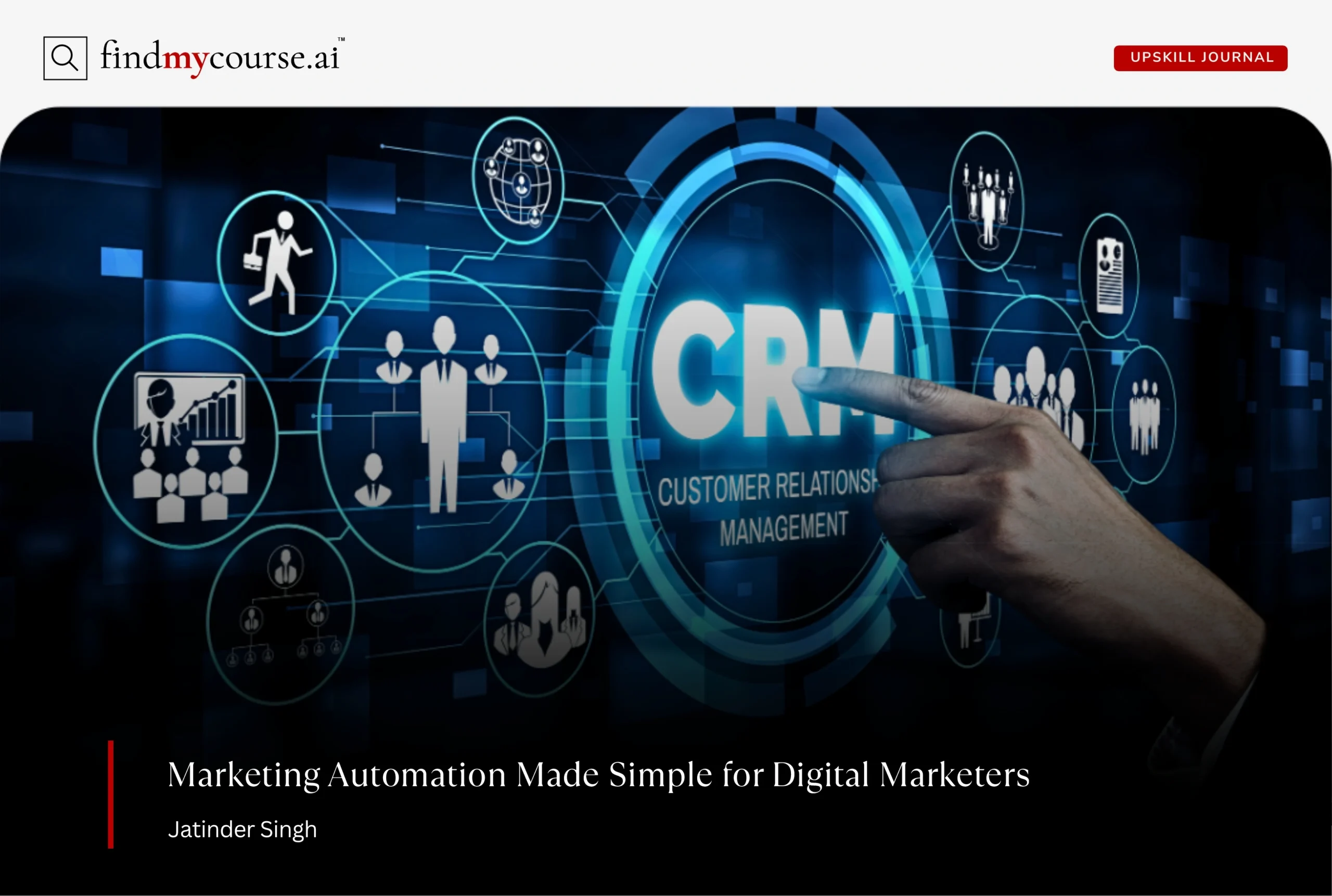In a world where technology evolves fast, soft skills remain timeless. In 2026, traits like empathy, communication, and adaptability are what truly set you apart. As workplaces become more dynamic, these human-centered skills are no longer just “nice to have”—they’re essential. This guide will help you understand, build, and showcase them with confidence—no matter where you’re starting from.
What Are Soft Skills—and Why They Matter Today
Soft skills are personal qualities like communication, adaptability, teamwork, and emotional intelligence. Unlike technical skills, they focus on how you interact, solve problems, and work with others. In today’s fast-changing workplaces, these skills are essential across every industry. While tools can be taught, soft skills show how well you collaborate, learn, and lead—especially in entry-level roles. Employers value them highly because they drive team success, adaptability, and long-term growth. Whether you’re just starting out or changing paths, building strong soft skills can give you a lasting advantage in your career.
The Most In-Demand Soft Skills for Beginners in 2026
You don’t need a packed résumé to stand out. What employers are really looking for—especially in entry-level roles—are soft skills that show you’re ready to work, learn, and grow. Below are the top skills in 2026 and how you can start building or showcasing them—even without years of experience.
Communication
Strong communication is at the heart of every workplace. Whether you’re writing emails, participating in meetings, or chatting on messaging platforms, your ability to express ideas clearly and respectfully matters. Can you explain your thoughts without rambling? Do you listen to others and respond thoughtfully? Practicing job interviews, giving presentations, or even engaging in online forums can strengthen this fast. Tools like Grammarly can also help improve your written communication by checking clarity, tone, and grammar.
Teamwork
Work today is collaborative, and employers want people who can contribute, support others, and respect diverse opinions. You don’t need office experience to prove this—group projects, sports teams, part-time jobs, or volunteering all count. What matters is that you show you’re reliable, cooperative, and open to feedback. Using platforms like Trello for group projects or shared tasks can help you practice coordinating with others in real time.
Problem-Solving
Being able to handle challenges, think critically, and find solutions is incredibly valuable. Maybe you figured out a faster way to finish a school assignment, handled a difficult customer at a weekend job, or helped troubleshoot a technical issue for a friend. Employers love real-life examples like these because they show initiative and independent thinking. Interactive sites like Brilliant.org can help sharpen your problem-solving and logical thinking through engaging exercises.
Adaptability
Workplaces change constantly—new tools, shifting priorities, unexpected issues. If you can stay flexible and keep a positive attitude during change, you’re already ahead. Think of times you’ve had to adjust quickly: switching from in-person to online learning, learning new software, or stepping into a different role. Platforms like Coursera let you explore new topics and skills quickly, helping you stay adaptable and comfortable with change.
Positive Attitude
Enthusiasm, curiosity, and a willingness to learn can make you more memorable than someone with years of experience. Employers want team members who bring good energy, handle feedback well, and stay motivated even when things get tough. Showing up with a smile, saying “yes” to new challenges, or sharing a goal you’re working toward—all reflect this mindset. Using a simple mood and goal tracker like Daylio can help you reflect on progress and stay motivated daily.
Time Management
Being dependable is crucial. That means showing up on time, staying organized, and meeting deadlines without needing reminders. Even if you haven’t worked a full-time job yet, managing your study schedule, submitting assignments on time, or balancing work and school shows you understand how to manage your time. Tools like Notion can help you plan your days, keep track of tasks, and stay focused—especially when juggling multiple responsibilities.
How to Build Soft Skills with Little or No Experience
You don’t need a full-time job to start developing strong soft skills. In fact, chances are you’re already building them without realizing it. The key is to be intentional—to recognize those opportunities and turn everyday activities into real growth.
- Volunteer
Helping at school events, local charities, or even in your neighborhood teaches responsibility, initiative, communication, and teamwork—all in one experience. Whether you’re organizing a drive, mentoring younger students, or working behind the scenes, you’re gaining workplace-ready soft skills. - Take Group-Based Online Courses
If you choose to study online, look for programs with group projects, discussion boards, or peer reviews. These setups mimic real-world collaboration and give you chances to practice clear communication, time management, and teamwork—even in a virtual setting. - Join Clubs, Teams, or Events
From debate clubs to gaming groups to community theatre, any activity that brings people together helps you build leadership, adaptability, and collaboration. These experiences often mirror workplace dynamics more than you’d expect—and they’re fun too. - Ask for Feedback Regularly
One of the fastest ways to grow is by asking, “What’s one thing I did well, and one thing I could improve?” This simple question, directed at a teacher, coach, mentor, or peer, helps build emotional intelligence, self-awareness, and the ability to accept constructive feedback—an essential workplace skill. - Reflect Daily
Each day, take five minutes to ask yourself: What challenged me today? What did I do well? What could I handle differently next time? This habit strengthens problem-solving and critical thinking while helping you stay aware of your personal growth over time.
How to Showcase Soft Skills to Employers
It’s not enough to say you have soft skills—employers want to see them in action. Here’s how to make yours stand out:
On Your Résumé:
Use action verbs and real examples.
Instead of: “Great at teamwork”
Try: “Collaborated with 3 peers to complete a group project ahead of deadline.”
In Your Cover Letter:
Share a brief story that highlights your skill.
Example: “While volunteering, I helped organize a community event for 200+ guests—strengthening my planning and communication skills.”
In Interviews:
Use the STAR method (Situation, Task, Action, Result) to talk through challenges.
Example: “When my team disagreed on a project, I suggested a meeting to realign roles, helping us finish early with strong feedback.”
Don’t just list soft skills—bring them to life with short, specific examples that are tailored to the role you’re applying for.
Final Thoughts: Start Strong with the Right Soft Skills
In 2026, technical knowledge gets attention—but it’s your soft skills that earn trust, open doors, and keep you moving forward. They shape how you learn, lead, and work with others—no matter where you start. By building them now, you’re not just preparing for your first job—you’re investing in your entire career. Even small, everyday actions can grow these abilities over time. If you have more questions or need personalized tips, our AI assistant is here to help you every step of the way.


